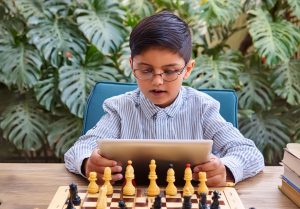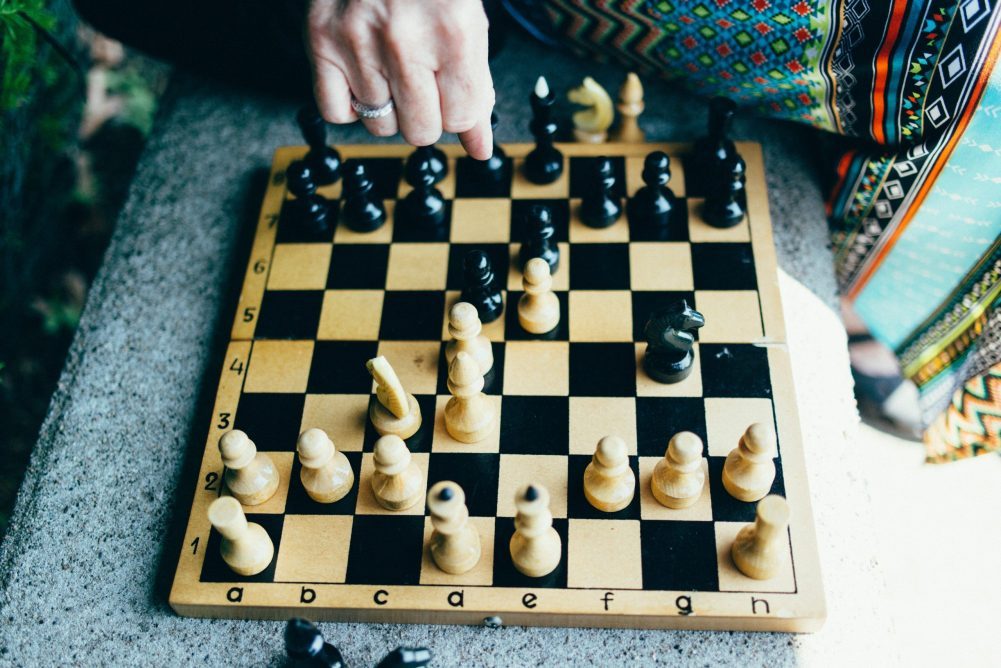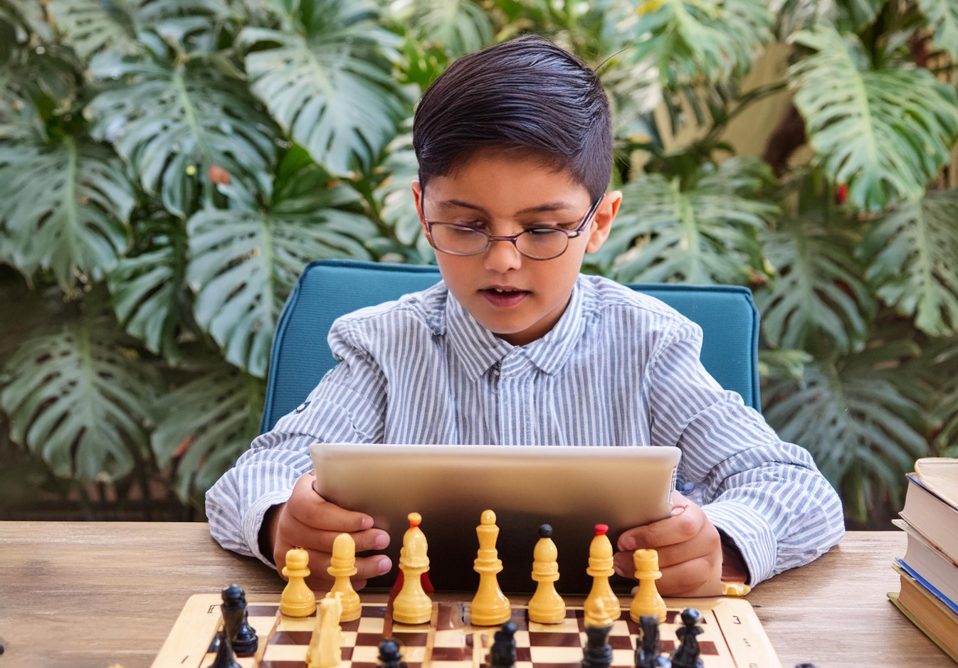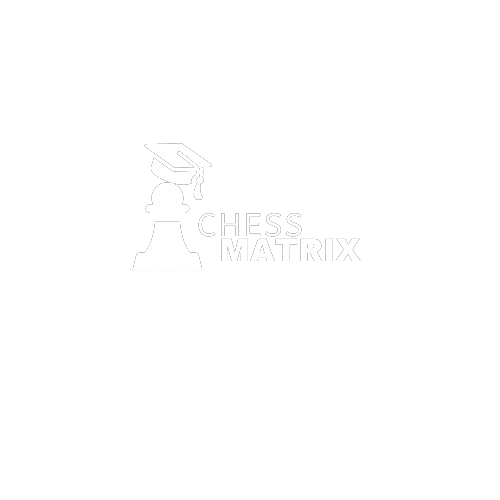You’ve probably heard the phrase “Chess makes kids smarter” quite often. Many parents encourage their children to learn chess to boost their intellectual growth. Starting young, children who play chess experience significant cognitive benefits. Regularly playing chess has profound effects on the brain. Online chess has gained popularity worldwide, yet many are unaware of its true potential. Children engage with chess to enhance brain productivity. How Chess Can Enhance Your Child’s Intelligence
How Does Chess Help Kids Become Smarter?
1. Enhances Reading Skills Research by Dr. Stuart Margulies found that elementary students who participated in a chess program showed improved reading skills. The study indicated that children who played chess developed a greater interest in reading.
2. Boosts Intelligence Multiple studies confirm that chess makes children smarter in unexpected ways. It naturally develops analytical thinking, problem-solving, and other crucial skills. These skills are transferable to everyday life. According to the University of Memphis, chess improves spatial reasoning and visual memory in children, making them smarter, which is a goal for many parents.
3. Develops Social Skills Chess promotes social skills in students. While the game involves minimal verbal communication, it teaches kids how to lose and win gracefully. Children learn patience and sportsmanship, often playing in social settings like clubs and schools, which fosters interaction and communication.
4. Ideal Leisure Activity Chess is a great pastime, especially during holidays. It’s a fun activity that also boosts brain memory. Unlike physical games, chess provides mental stimulation and can be played anywhere. It’s a perfect way to engage the mind during vacations.
5. Superior to Video Games Chess is a better alternative to video games. Modern children are often glued to screens, playing video games that can be violent and detrimental to their developing brains. Chess, however, is a positive activity that promotes mental health without adverse physical effects.
6. Manages ADHD Around 5% of children globally suffer from Attention Deficit Hyperactivity Disorder (ADHD). Chess helps manage ADHD by encouraging children to think before acting and wait patiently for their opponent’s move. This game improves attention and decision-making skills, crucial for children with ADHD.
7. Teaches Life Skills Chess imparts essential life skills, helping children become better individuals. The game, which requires non-verbal communication, teaches kids to read body language, manage impulses, and make quicker decisions. Chess also instills patience and strategic thinking, valuable in life’s various situations.
8. Enhances Logical Thinking Chess strengthens logical thinking and strategic planning. It helps children develop the ability to make plans and adapt to changing scenarios. The game also boosts brain muscle, aiding in overall cognitive development.
9. Prevents Alzheimer’s Disease Playing chess regularly keeps the brain active, potentially preventing diseases like Alzheimer’s. Studies suggest that engaging in mind games like chess can delay the onset of dementia and other cognitive impairments in older adults.
Conclusion
Chess equips children with skills to tackle life’s challenges effectively. It teaches problem-solving, patience, and strategic thinking. By learning chess, children are better prepared to handle obstacles independently. Can also read study done by SciELO
Take a FREE Chess Class at ChessMatrix and see him become smarter !










